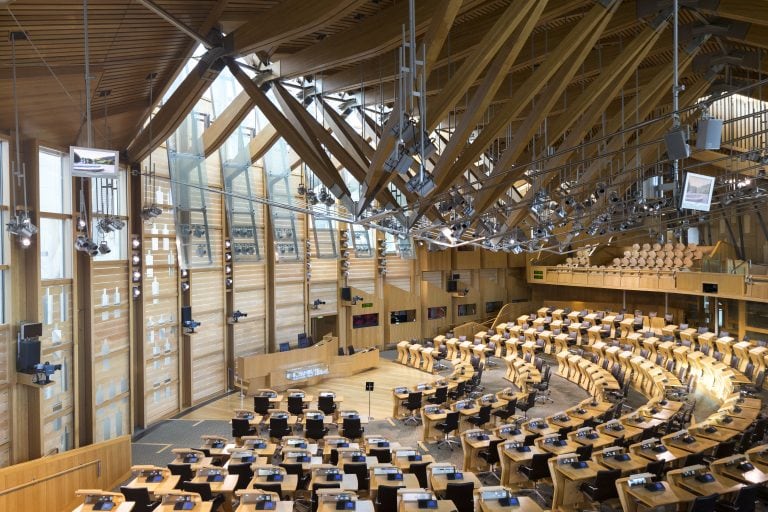Real estate needs to wake up to true carbon impact

Titled ‘Guide to Scope 3 Reporting in Commercial Real Estate’, the guidance focusses on how CRE companies can assess, measure, prioritise and reduce emissions that are beyond their direct control.
Greenhouse gas emissions that occur directly due to a company’s activities or indirectly from their use of energy are known as scope 1 and scope 2 emissions, respectively. All other greenhouse gas emissions that occur due to their activities, but which they have no direct ownership or control over, are known as scope 3 emissions.
For CRE companies, Scope 3 emissions can represent up to 85% of their total carbon footprint. These can cover a wide range of activities such as emissions from the manufacture and transport of materials used in new buildings; emissions from tenants’ energy use; and emissions from employee commuting.
Assessing scope 3 emissions is complex and current approaches to measurement vary significantly between organisations. This guidance has been developed to demystify scope 3 emissions and encourage a more complete and consistent approach to measurement and reporting.
Julie Hirigoyen, Chief Executive at UKGBC said:
“As public demand for action on the climate crisis continues to escalate and net zero emissions becomes the UK’s legal target, corporate real estate companies must wake up to the reality of their carbon impact. Just reporting on emissions from the fuel you burn and electricity you buy is no longer enough, companies must work hard to understand the true impact of their activities throughout their value chain and within their workforce.
“This guidance gives professionals a clear overview of how scope 3 reporting can be applied in commercial real estate companies. This is a crucial step in truly understanding and addressing real estate’s contribution to the climate crisis. Companies that want to succeed in the net zero economy of the future will be the ones that work closely with their supply chains and drive meaningful emissions reductions at speed and at scale.”
The guidance has been made possible thanks to support from UKGBC’s Advancing Net Zero Programme Lead Partner the Redevco Foundation and Programme Partners: BAM Construct UK, Berkeley Group, Grosvenor Britain & Ireland, Hoare Lea and JLL. Invaluable technical input has been provided by expert authors from Carbon Credentials, HS2 and TFT, and the development was supported by BBP, BPF and RICS.
-Ends-
Notes to editors
Scope 3 Reporting in Commercial Real Estate is available to download here
Related
Politics is once again getting in the way of vital progress on climate change

UKGBC responds to the Scottish Government’s announcement that the 2030 climate target will be scrapped

Chancellor’s Spring Budget fails to address ‘urgent need for upgrading homes and buildings’

UKGBC publishes new guidance on embodied carbon emissions reporting for more rigorous carbon reduction strategy

